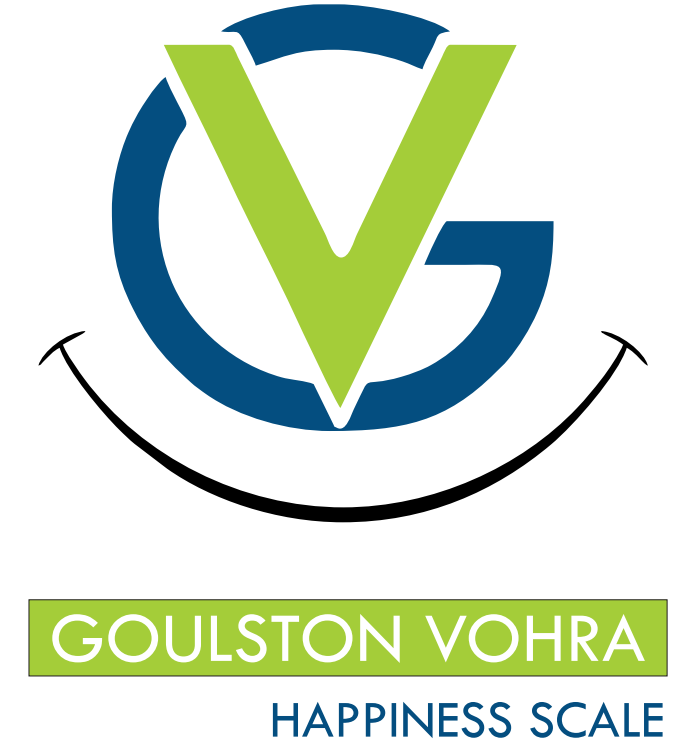Contact Us
+91-78279 90371
+91-99992 49223
Email Us
emotionalwellness@nwnt.ai
Timings
Offline Time - Mon - Sat: 09:30 AM to 06:30PM
Online Time - Mon - Sat: 09:30AM to 9:00PM
+91-78279 90371
+91-99992 49223
emotionalwellness@nwnt.ai
Offline Time - Mon - Sat: 09:30 AM to 06:30PM
Online Time - Mon - Sat: 09:30AM to 9:00PM
411 University St, Seattle
Dissociative disorders (DD) are conditions that involve disruptions or breakdowns of memory, awareness, identity, or perception. People with dissociative disorders use dissociation as a defense mechanism, pathologically and involuntarily.
• Significant memory loss of specific times, people and events
• Out-of-body experiences, such as feeling as though you are watching a movie of yourself
• Mental health problems such as depression, anxiety and thoughts of suicide
• A sense of detachment from your emotions, or emotional numbness
• A lack of a sense of self-identity
There are three types of dissociative disorders:-
• Dissociative Amnesia- The main symptom is difficulty remembering important information about one’s self. Dissociative amnesia may surround a particular event, such as combat or abuse, or more rarely, information about identity and life history. The onset for an amnesic episode is usually sudden, and an episode can last minutes, hours, days, or, rarely, months or years.
• Depersonalization disorder- This disorder involves ongoing feelings of detachment from actions, feelings, thoughts and sensations as if they are watching a movie (depersonalization). Sometimes other people and things may feel like people and things in the world around them are unreal (derealization). A person may experience depersonalization, derealization or both.
• Dissociative identity disorder- Formerly known as multiple personality disorder (MPD), this disorder is characterized by alternating between multiple identities. A person may feel like one or more voices are trying to take control in their head. Often these identities may have unique names, characteristics, mannerisms and voices. People with DID will experience gaps in memory of every day events, personal information and trauma.

